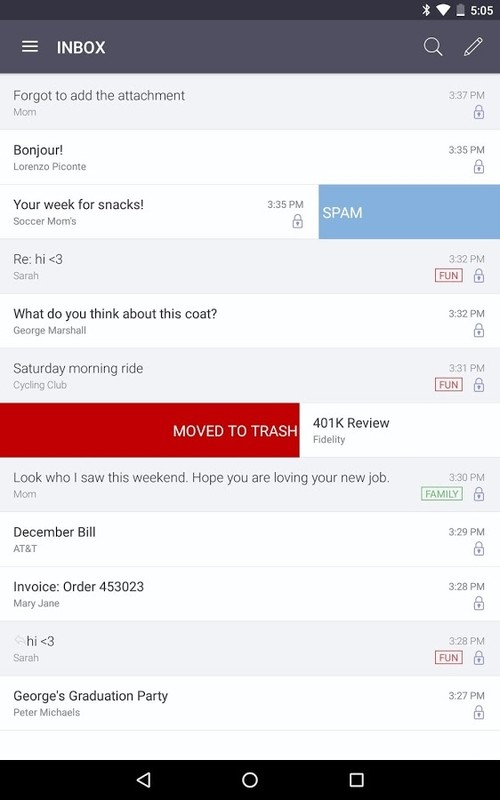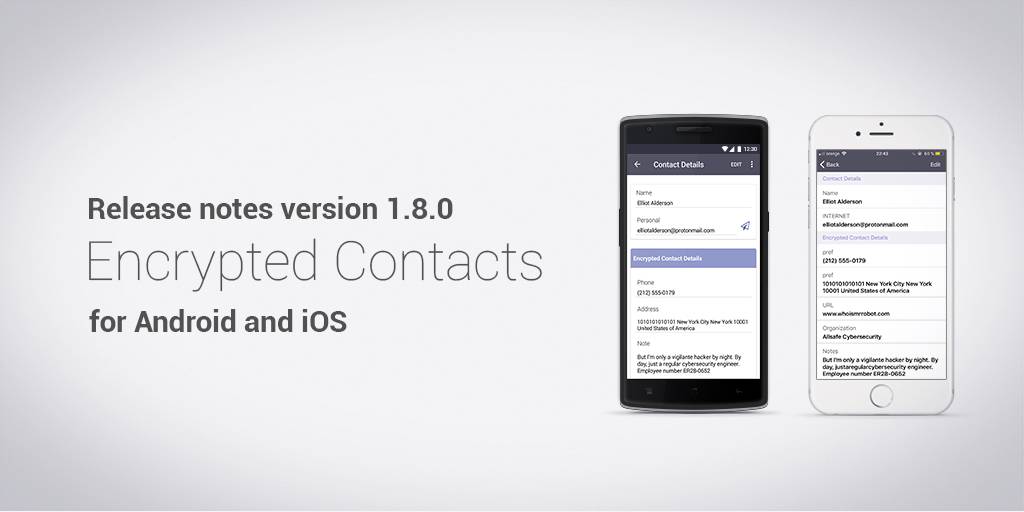
Space: Free Tutanota accounts will provide 1GB of storage for a single user, narrow search, and a single calendar. Distinguishing which of the two is better is complicated since both offer a high degree of privacy. It is based on the Swiss Federal Data Protection Act (DPA) and the Swiss Federal Data Protection Ordinance (DPO), which give you one of the most robust privacy protections in the world. ProtonMail is governed by Swiss law, characterized by privacy and neutrality. Tutanota will be governed by the laws of Germany, considered one of the strictest privacy advocates in the European Union. Host nation: The country where the data is stored is important because it is the legislation that will be applied in case of legal problems. Tutanota's and ProtonMail's encryption is considered highly secure compared to regular email services like Gmail or Outlook, which can also encrypt selected emails. If a cybercriminal intercepts your data, they would find it difficult to decrypt the email without the key. In operational terms, this means that only you can read the message received.

There is no need to reconfigure anything else when communicating with someone who uses the same service. Both ProtonMail and Tutanota allow easy encryption between users of the same service. The content of your inbox is end-to-end encrypted on the server.

This provides a fundamental layer of security between your computer or smartphone and the email server, which is responsible for saving and sending emails. ProtonMail and Tutanota support basic Transport Layer Security (TLS) used by all major email providers. Instead, for example, Google offers us 15GB of storage that we can also use with Google Drive and Google Photos. For example, ProtonMail offers 500MB and Tutanota 1GB for free accounts.

Secure email providers usually offer less storage than mainstream providers like Google, and Tutanota and ProtonMail are no different, so that is a downside.


 0 kommentar(er)
0 kommentar(er)
